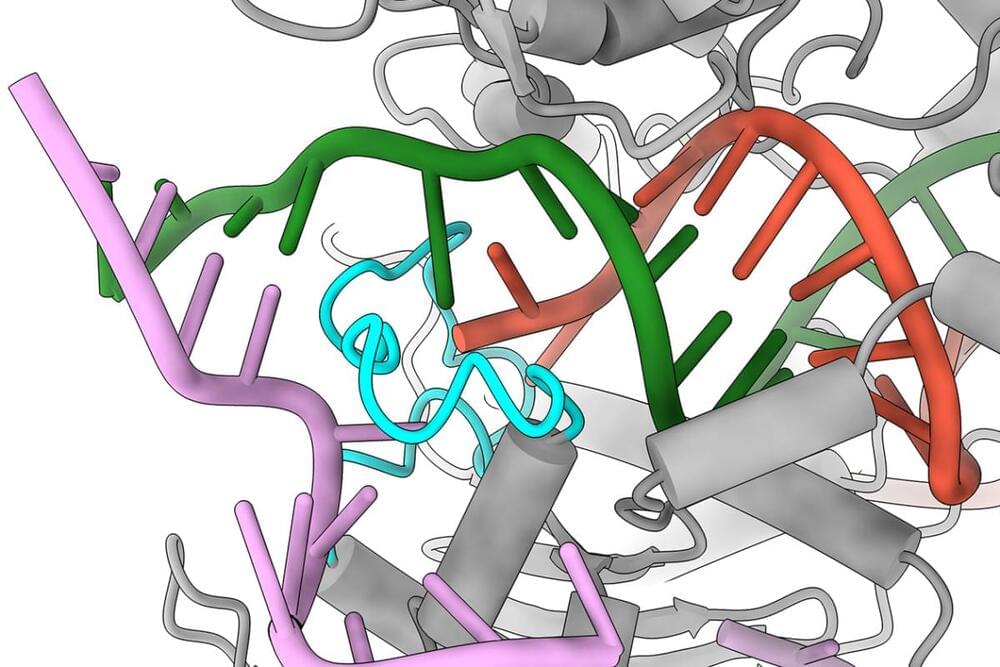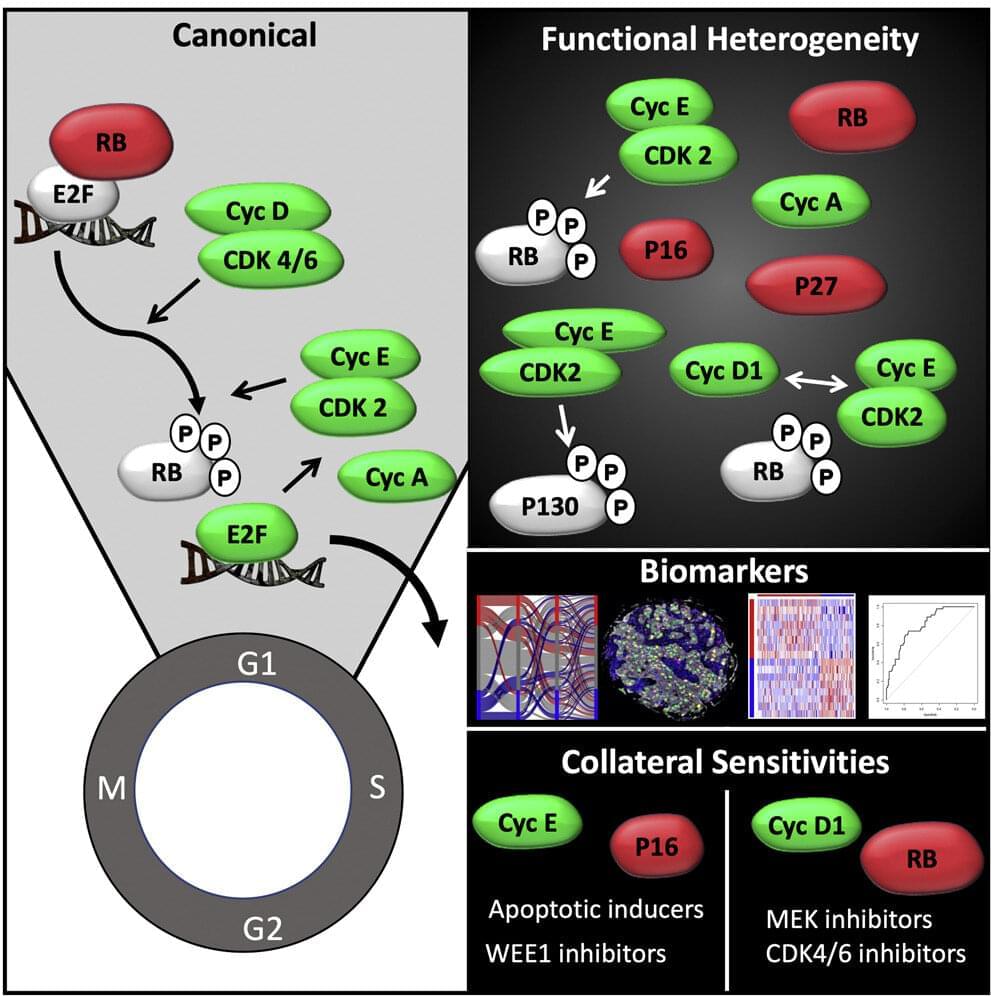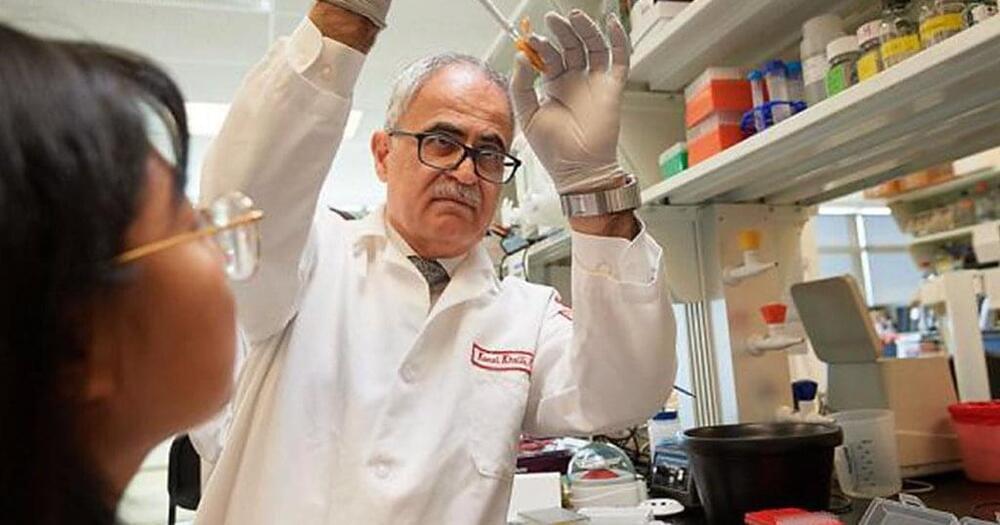The XPrize and other competitions are helping to advance science and technological innovation.
Over the years, we have had alumni go on to become successful academic scientists, company managers and entrepreneurs. The networks that the participants create with each other during the competition are useful to tap into throughout their careers. Recently, I also learnt that a winning team from 2020 decided to create a bioelectronics start-up, INIA Biosciences, that aims to use ultrasound to interact with the immune system to relieve chronic inflammatory diseases.
More companies and foundations are seeing the advantages of science competitions and are organizing innovation challenges. The organizers benefit from recruiting talented people, gaining fresh ideas and promoting an image of innovativeness. The participants are rewarded with training, network building and prize money. In addition to the Innovation Cup, we also organize events such as the €1 million Future Insight Prize, which is given out annually to honour and enable scientists solving key challenges of humanity.
MARJOLEIN CROOIJMANS: The judge
Chair of the International Genetically Engineered Machine (iGEM) Entrepreneurship Program Innovation Community (EPIC), Cambridge, Massachusetts and PhD Student at Leiden University, Leiden, Netherlands.










